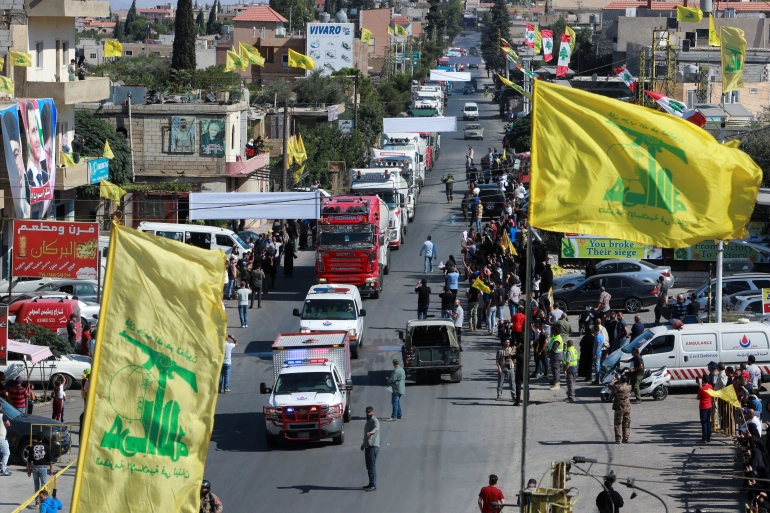Disagreements between Iran-backed militia, specifically the Lebanese Hezbollah, and the Syrian regime’s 4th Division have escalated in recent weeks, Lebanese and Syrian observers and activists confirmed.
The Lebanese Hezbollah, funded, trained, and armed by Iran and its terrorist designated Islamic Revolutionary Guard Corps (IRGC) has clashed with the Syrian army’s 4th division multiple times over the past year.
Tensions have been brewing over the division of profits generated from drug and fuel smuggling operations, and the 4th Division’s pursuit of territorial control.
There has been an escalation in the frequency of armed clashes between the two sides, activists say, the most recent of which occurred last month in the eastern desert (Badiya) of Syria, where both sides share influence.
The cause of these disputes “stems from the fact that Hezbollah has been facing a financial crisis since the Iranian funding stopped and due to the impact of the Caesar Act on the 4th Division”, Mustafa said.
The Caesar Civilian Protection Act of 2019 is a series of sanctions designed to hold the regime of Bashar al-Assad to account for its crimes.
Southerners for Freedom co-ordinator and Lebanese political activist Hussein Ataya said the dispute between Hezbollah and the 4th Division is linked to “the huge revenues” generated from the smuggling and trafficking of drugs.
They also fight over who controls both previously existing border crossings and those created by Hezbollah between Lebanon and Syria after it intervened in Syria in 2012, he added.
The dispute between them “has extended to the Syrian desert, especially to eastern rural Homs, all the way to Palmyra, and was aggravated by the involvement of influential Hezbollah commanders in the smuggling of Syrian antiquities”, Ataya said.
For this reason, Ataya said, “the 4th Division redeployed its elements to these crossings and began harassing Hizbullah elements and Lebanese politicians who revolve in the party’s orbit, at the Masnaa and Jdeidet Yabous crossings”.
It has been restricting passage via legal and illegal crossings, he said, which has led to an increase in friction by the day.

